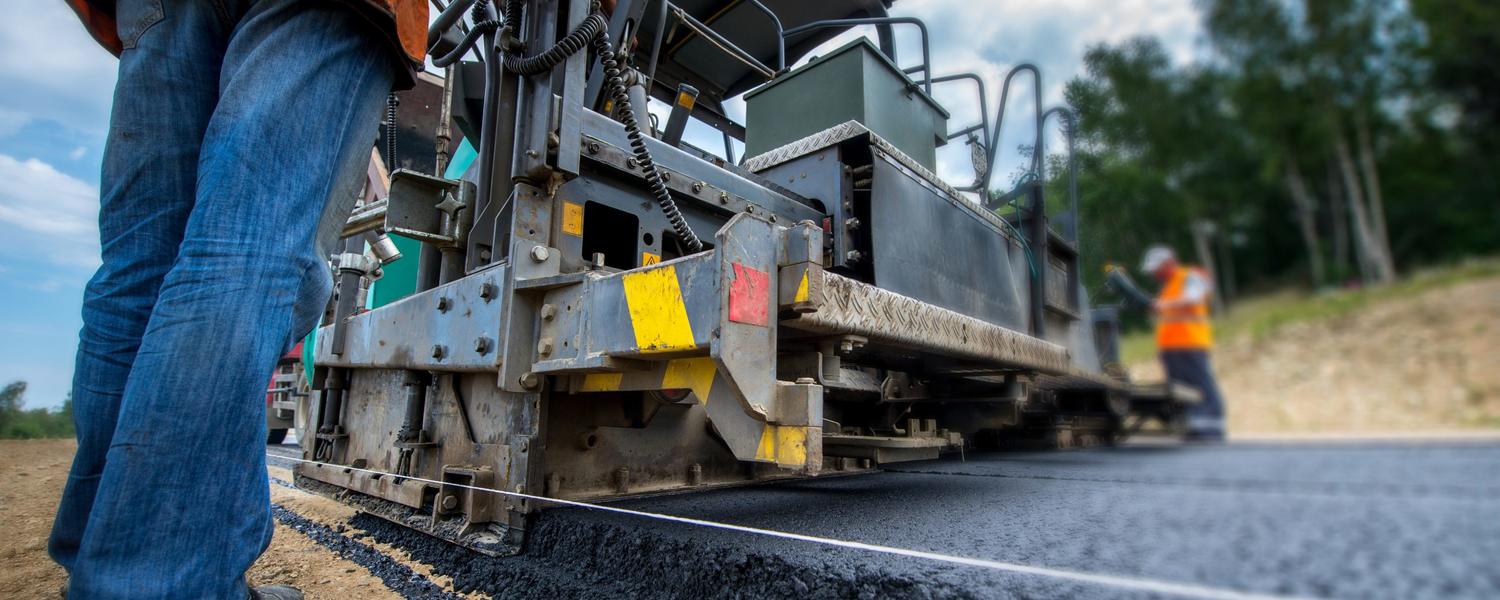
Engineering student Noor Amjad: internship
Noor's story
Noor Amjad experienced a significant transition when moving to Canada to start her undergraduate degree. Originally from Pakistan, the incoming international student found herself struggling to integrate into an unfamiliar community and learning environment. Determined to make the most of her time at the Schulich School of Engineering, Amjad connected with community advisors on residence who made her feel more like she had a home away from home.
Amjad continued to branch out and make connections relevant to her new community, including speaking to program advisors and senior engineering students. Unfamiliar with the work life in Canada, Amjad was determined to build workplace skills relevant to her new home base and familiarized herself with co-op and internship opportunities.
After her third academic year, Amjad secured a work placement with Husky Energy as a Western Canadian Completions Engineer Co-op student. Throughout this role, she learned to apply her theoretical knowledge of engineering concepts taught in the classroom to fieldwork on oil well rigs. She gained a better understanding of engineering operations by visiting numerous field locations and saw how different business units work collaboratively to achieve a common goal.
Amjad also found her work environment full of approachable and passionate engineers, which allowed her space to ask questions and attend technical workshops. She also attended events with workplace mentors, where she connected with other industry professionals and members of the Young Women in Energy organization.
At the end of her work term, Amjad was nominated by her supervisor for the Schulich’s Intern of Merit Award.
At a glance: Noor's experiential-learning activities
-
On-campus employment: community advisor, Residential Services
-
Capstone Project – Whitecap Resources
-
Internship student - Husky Energy
My co-op work term sped up my learning process exponentially as I was able to visualize engineering operations and learn how different business units come together to work towards common goals. As a result, I have more confidence in my career goals, an increased passion towards engineering and confidence to step into applying my skills on practical projects.
Noor Amjad
Preparation for the future
Throughout her work term at Husky Energy, Amjad built a network with her mentors that helped connect her with other industry partners. She was able to build a network and engage with a community she originally had no connection to.
In addition to her work term, Amjad also became a community advisor in her residence on campus, inspired by the experience with her own advisor. Through this role, she was able give back to incoming international/exchange students and also add to her skills of communication, leadership, mentorship and time management. She understood, more deeply, the role of student safety on campus and correlated it to her learnings as an engineer that prioritizes safety on site.
Working with well-established engineers during her work term and gaining leadership skills from being an advisor, Amjad gained the skills and confidence to pursue a career in engineering after her undergraduate degree.
About work-integrated learning
Work-integrated learning includes activities that happen in a workplace or practice setting, incorporating academic study. Some opportunities are paid, some are not. Examples include: co-ops, internships, consulting projects, professional, clinical practice, field experience, partnered capstone projects, and practicums.
About engineering internships
Internships are a great way to help students bridge the gap between classroom and workplace. Schulich School of Engineering's optional program is available to students who are in the upper years of their engineering education. Internships can be completed locally or globally. Students in this program get 12 to 16 months of paid work experience, working on projects with one employer, or combine consecutive shorter placements to complete an internship experience.
